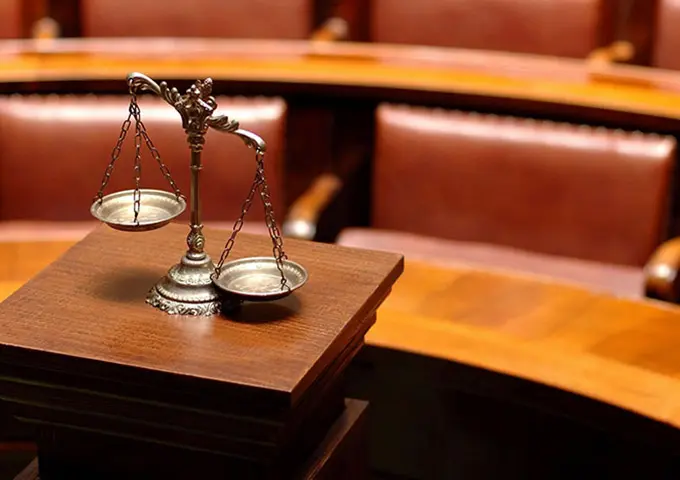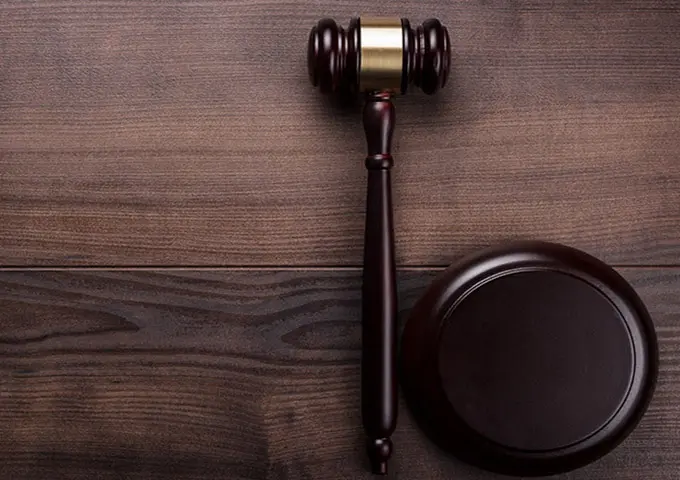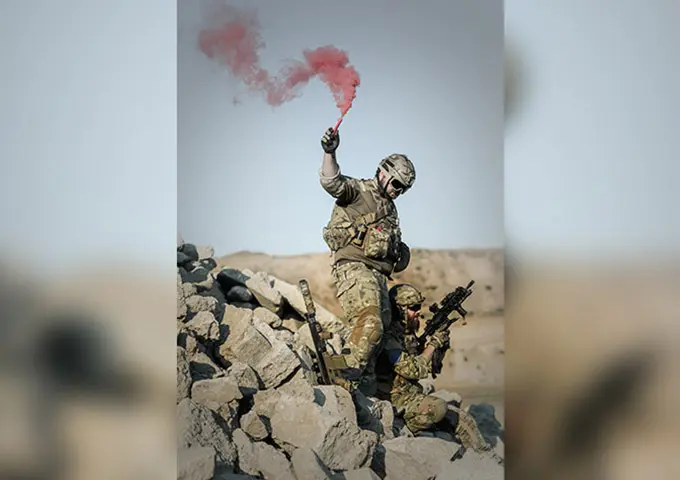Nonjudicial Punishment Representation And Appeals
Nonjudicial Punishment (NJP), often referred to as Article 15 (after its UCMJ article number), is a disciplinary measure used by military commanders to address minor offenses without resorting to a court-martial. It's a key tool for maintaining good order and discipline within the armed forces. Here's a breakdown based on the Manual for Courts-Martial (MCM), 2019 edition, Part V.


What is Nonjudicial Punishment (NJP)?
- Commander's Discretion: NJP is an administrative process handled by a commander, not a court. It offers a quicker and less formal way to address misconduct than a court martial.
- Minor Offenses: NJP is intended for minor offenses under the UCMJ. Serious offenses typically warrant a court-martial. The determination of "minor" depends on the nature of the offense and the circumstances surrounding it.
- Purpose: The purpose of NJP is to:
- Correct and rehabilitate service members.
- Maintain good order and discipline.
- Provide commanders with an efficient means of dealing with misconduct.
- Due Process Protections (Limited): While not a court-martial, NJP provides some due process protections, including the right to:
- Be informed of the alleged offense(s).
- Be present at the NJP proceeding.
- Be represented by a spokesperson (who may be an attorney, if reasonably available).
- Present matters in defense, mitigation, or extenuation.
- Appeal the punishment.
- Types of Punishment: The types of punishment that can be imposed at NJP vary depending on the rank of the imposing commander and the rank of the service member being punished. Common punishments include:
- Admonition or reprimand.
- Restriction to certain limits.
- Extra duty.
- Reduction in grade (for enlisted personnel).
- Forfeiture of pay.

Nonjudicial Punishment Appeals:
A service member who receives NJP has the right to appeal the punishment to the next higher commander in the chain of command. Here's how the appeal process generally works:
- Time Limits: The service member has a limited time (usually five days) to submit a written appeal.
- Grounds for Appeal: Appeals can be based on several grounds, including:
- Unfairness or Injustice: The punishment was too harsh given the circumstances.
- Insufficient Evidence: There was not enough evidence to support the finding of guilt.
- Procedural Errors: There were errors in the NJP process itself.
- Review by the Higher Commander: The higher commander reviews the appeal and the original NJP proceedings. They can:
- Uphold the original punishment.
- Mitigate (reduce) the punishment.
- Set aside (overturn) the punishment.
- No Further Appeal (Generally): Usually, the decision of the higher commander on appeal is final. There is generally no further appeal within the military justice system for NJP. However, in limited circumstances, review by higher authorities.
Key Differences Between NJP and Court-Martial:
| Feature | Nonjudicial Punishment (NJP) | Court-Martial |
| Forum | Commander | Military Judge and (potentially) Jury |
| Formality | Less Formal | Very Formal |
| Standard of Proof | Preponderance of the Evidence | Beyond a Reasonable Doubt |
| Legal Counsel | Spokesperson (Attorney if reasonably available) | Assigned Military Defense Counsel (Free) |
| Punishments | Limited | More Severe (including confinement, punitive discharge) |
| Appeal | To the next higher commander | To the appellate courts (Court of Criminal Appeals, Court of Appeals for the Armed Forces) |
Importance of Understanding NJP:
NJP is a significant part of military discipline. Service members need to understand their rights and the potential consequences of misconduct, and commanders need to use NJP fairly and judiciously. While it is less severe than a court-martial, it can still negatively impact a service member's career. A service member must consult legal counsel about possible defenses to the charges.
Potential Consequences
Often, a nonjudicial punishment is followed by administrative separation if you have one or more prior NJPs or if the offense underlying the NJP is considered a serious offense. If you are facing NJP, seeking legal advice from a military attorney is always advisable. Your military attorney will help you prepare a defense, call witnesses, cross-examine witneses and argue your defense before your commanding officer. A commanding officer can find that a service member has a legitimate defense and find the service member not guilty.

Don’t delay
when you are notified that you are facing charges at nonjudicial punishment. Consult a military lawyer at your earliest opportunity to prepare a defense that could make the difference in your naval career.
Call (951) 477-9990 or Toll-Free at (877) 524-2889
